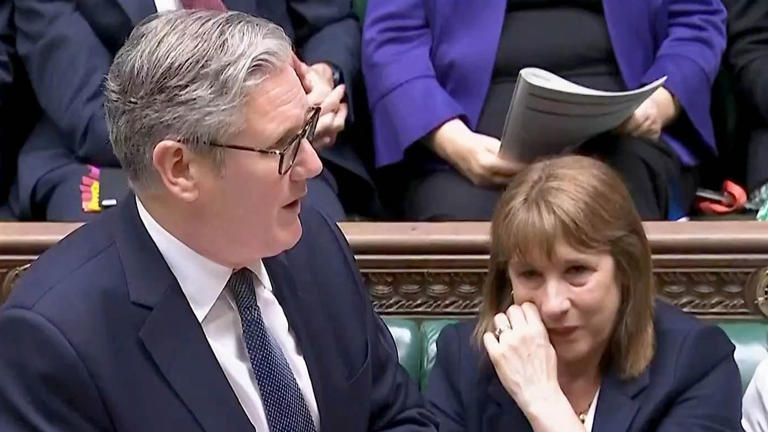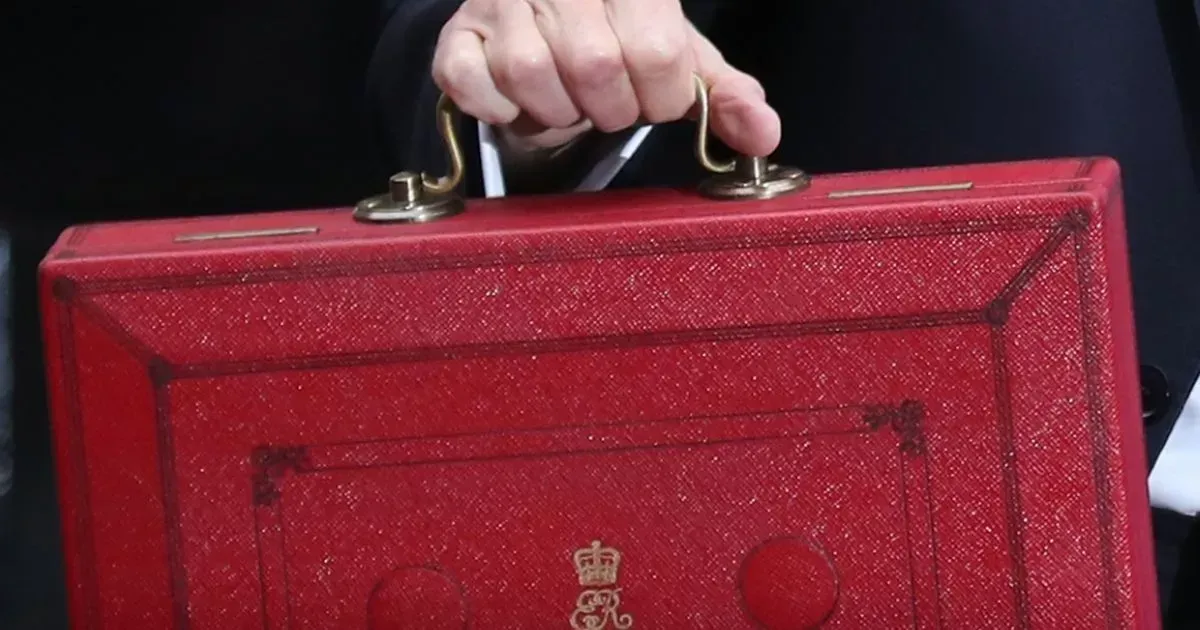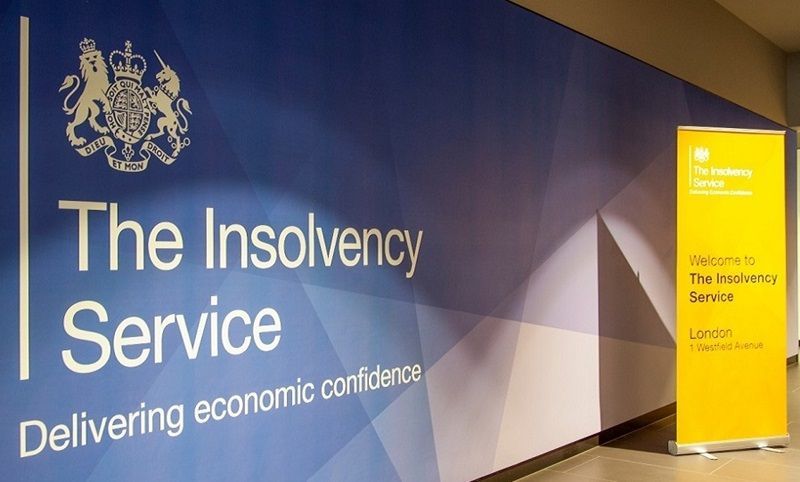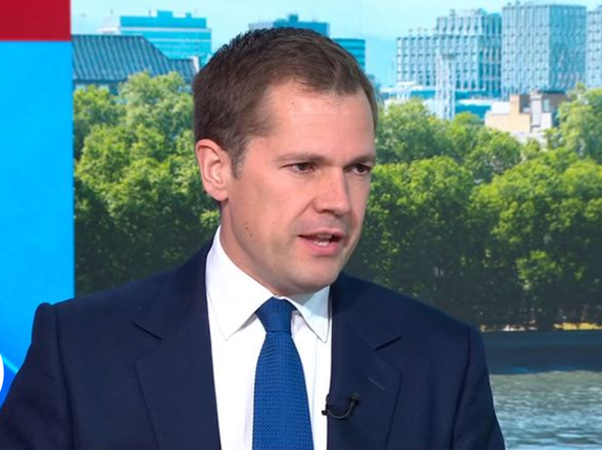PM Starmer defended the bill despite being forced into a humiliating climbdown

Sir Keir Starmer defended his welfare reform plans despite being forced into a humiliating climbdown which leaves an almost £5 billion black hole in the Government’s spending plans. The Prime Minister was forced to scrap plans to restrict eligibility for the personal independence payment (PIP) to avoid a Labour rebellion which could have led to him losing a crunch Commons vote. The change could force Chancellor Rachel Reeves to raise taxes in order to balance the books without the expected savings in the welfare budget.
The government’s landmark bill on welfare reform passed by 335 to 260 votes on Tuesday evening, after staving off a major rebellion from Labour MPs (126 MPs). To win over backbench MPs who had opposed the bill, the government made a series of concessions, including a last-minute compromise agreeing that any changes to personal independence payment (PIP) will not be introduced until the outcome of a review.
Few months ago, the government introduced the Universal Credit and Personal Independence Bill. The aim was to create a sustainable welfare system in response to changing demographics and population health. Since the last 5 years the UK has seen an increase in people claiming benefits for long-term health conditions, where there was no scrutiny from medical staff whether the application is genuine or not. For me this is wrong! There must be some kind “filter” from professional whether the application hold the water.
Personal Independence Payment (PIP)
The bill initially proposed significant changes to PIP from November 2026. PIP is a working-age benefit to help people with the costs associated with a long-term health condition or disability. It has two elements, a daily living component and a mobility component.
A points-based system is used to assess eligibility for PIP. Eight to eleven points leads to qualification for the standard rate and over twelve points for the enhanced rate. On the current system, a claimant can score one or two points across a range of activities, it doesn’t matter how the points are made up.
In March, the government announced that from November 2026, claimants will need to score at least four points on at least one of the ten activities to qualify. Concerns were raised that this change could disproportionately affect people with mental health problems.
It is well known that previous changes to PIP have caused uncertainty and anxiety for many people with mental health problems. Make no mistake, there is no quick way or instrument from medical prospect to give people who are claiming mental health problem the correct assessment. We all are suffering some kind of uncertainty and anxiety therefore, we all can claim the PIP. Wrong!
Universal Credit
What remains in the bill are changes to universal credit, the UK’s main means-tested benefit, primarily for claimants who are unfit for work. Over 3 million claimants (out of a total of over 7 million) are not required to look for work as a result of a health condition. They receive an additional health-related payment of more than £400 per month.
The bill reduces the health element for new claims from £97 to £50 per week from April 2026 and restricts payment to claimants over the age of 22. Under original proposals, the higher health-related rate was to be frozen for existing claimants. This will now be increased every year for the rest of the parliament, at least in line with inflation.
Overall, the welfare reform was triggered to save up to £5bn. With all these changes made with the bill before voting that the bill pass in Parliament there basically will be no savings at all apart from new claimants whether they will pass or will be rejected.
Government also announces that in 2029 they will introduce a £1 billion back-to-work support package.

















































